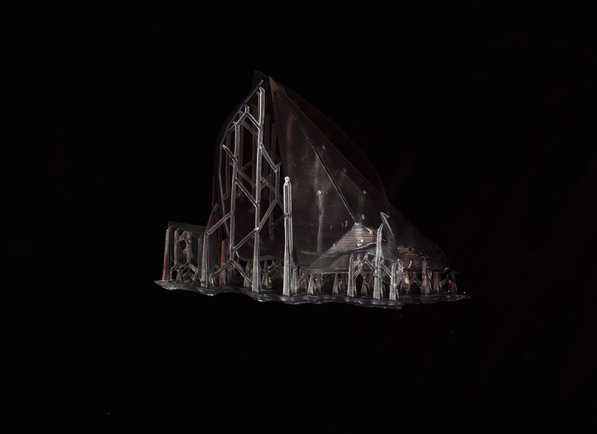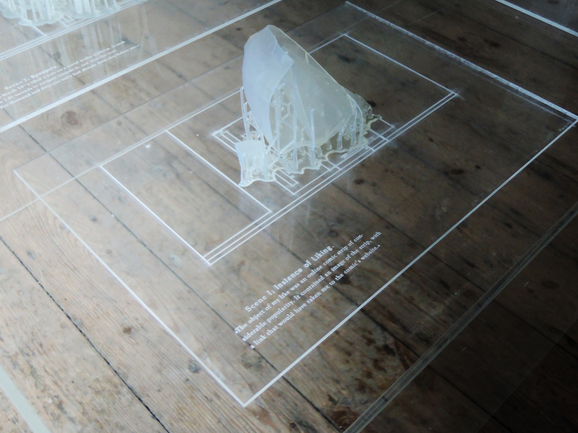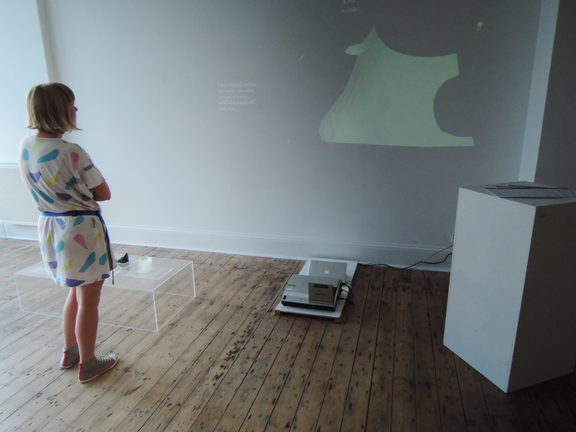Jesse Josua Benjamin, 2016, Thesis MRes Arts and Cultural Research,, University of Brighton. https://www.researchgate.net/publication/309464910
The growing impact on everyday life and simultaneous diversification of algorithmic systems brings our traditional interfaces with these systems into question. A major reason is the disparity between the access to the system (in terms of scale as well as functionality) we as users are provided with and its technological actuality. This disparity becomes critical and a matter of particular ethical urgency when algorithmic system operationalize human activity by means of algorithms in order to gain in revenue or power. Accordingly, motivated by a Rancièrian understanding of aesthetics1, I interrogated the "void of interpretability" between perception and computation by means of prototyping techniques.
In this Research-through-Design2 project, I have focussed on translating a conventional and seemingly simple use of an algorithmic system interface (clicking "Like" on the Facebook newsfeed) into a non-conventional representation of both interface and system phenomena. The resulting interfacial artifacts (cf. images on the right; as well as details on Theory and Methodology in I. and II.↓) were exhibited without explanation of procedure, intent or source.
Drawing from observing exibition visitors, I posit that these interfacial artifacts open up a dissensual place, as discussed by Jacques Rancière3. This place is where what has hence become visible, sayable and doable collides with what was not so previously. I argue that this type of RtD practice can assist in discovering and testing the ethico-political thresholds of algorithmic systems.


